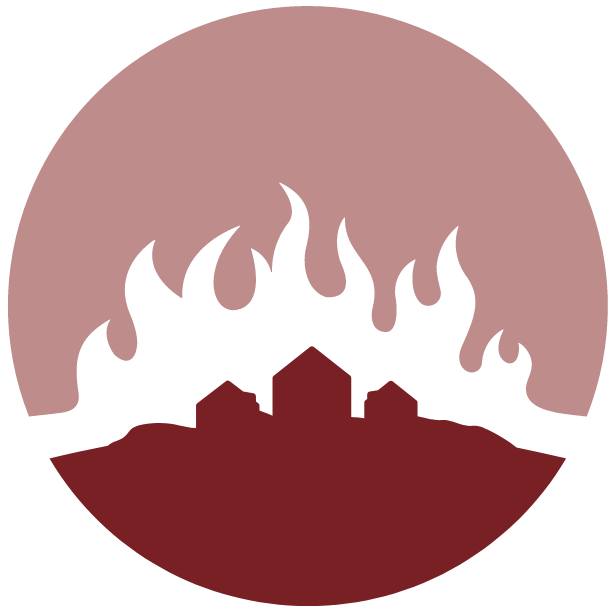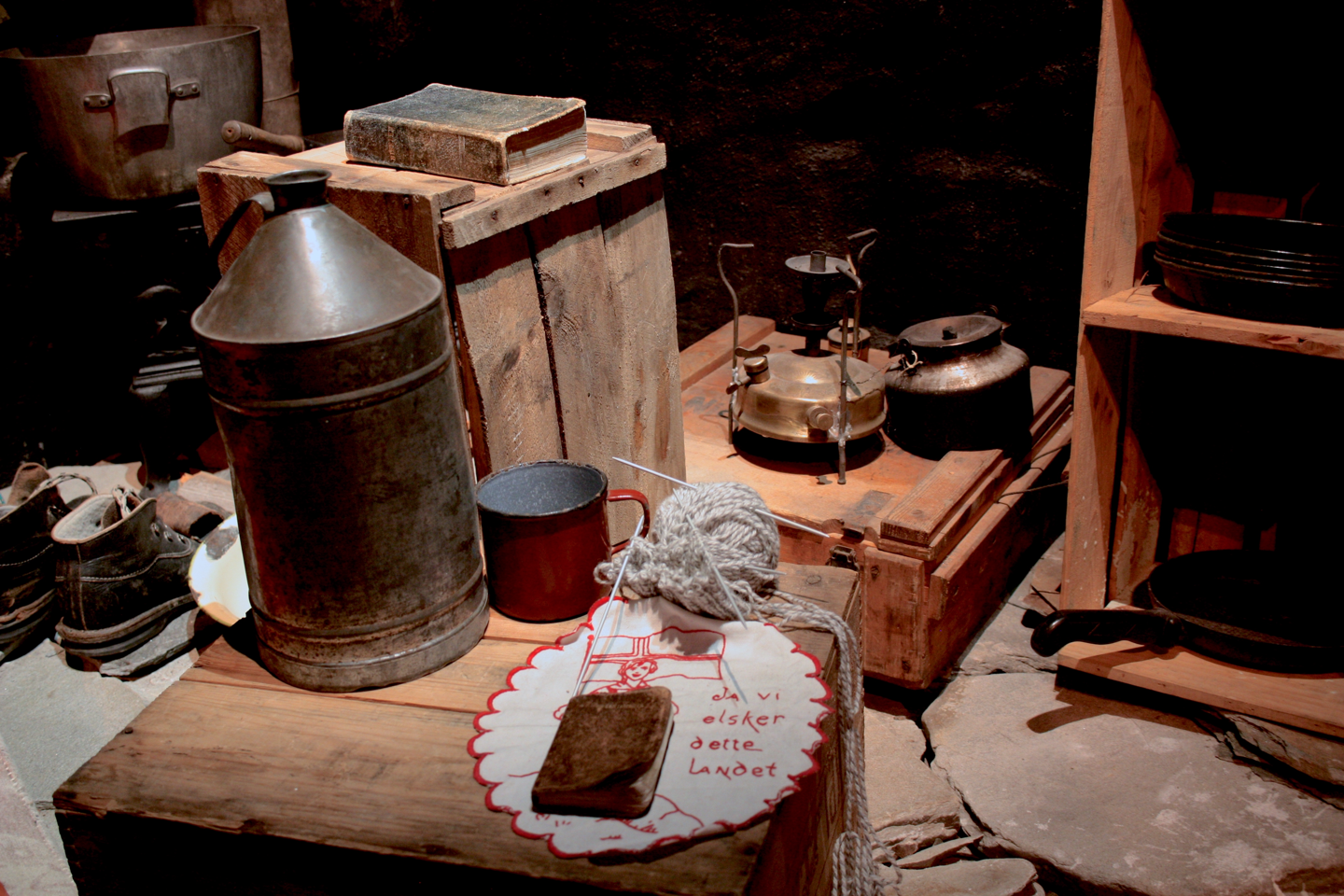In 1944, Finnmark and North Troms were burned by the German occupation forces, and the population was forcibly evacuated. After the peace, the Norwegian authorities would control the relocation. Some defied the ban and the danger of mines, while others waited for a repatriation permit.
The period of reconstruction will be remembered for good unity, shared lifting and pioneering spirit, but also for cumbersome bureaucracy and overreach. The main exhibition conveys through environments, photography and film how the population created their new homes with optimism, strong faith in the future and hard will.
The museum also houses the World Heritage Centre of the Struve Meridian Arch. World Heritage is part of UNESCO and the UN's work for peace work and community building after WW2. Struve's meridian arc as a theme deals with the gigantic surveying work that mapped the shape and size of the earth very accurately, and which today is the origin of international cooperation on map science.
Temporary exhibitions: presentation of artworks, themes or ideas within a specific time frame. Visitors to the temporary exhibitions will have the opportunity to experience unique works of art and artistic concepts. These exhibitions can also be a source of discussion, reflection and creative inspiration.
Fuglenesodden Open Air Museum: The barracks, boathouse and oil house from Melkøya make up the open-air museum at Fuglenesodden. It was common to live in such barracks after WW2 until the late 60's. The barracks were erected just after the war to provide shelter for people, as large parts of Finnmark and North Troms were burned during World War 2. Fuglenesodden is also a beautiful natural pearl that is definitely worth a visit.




